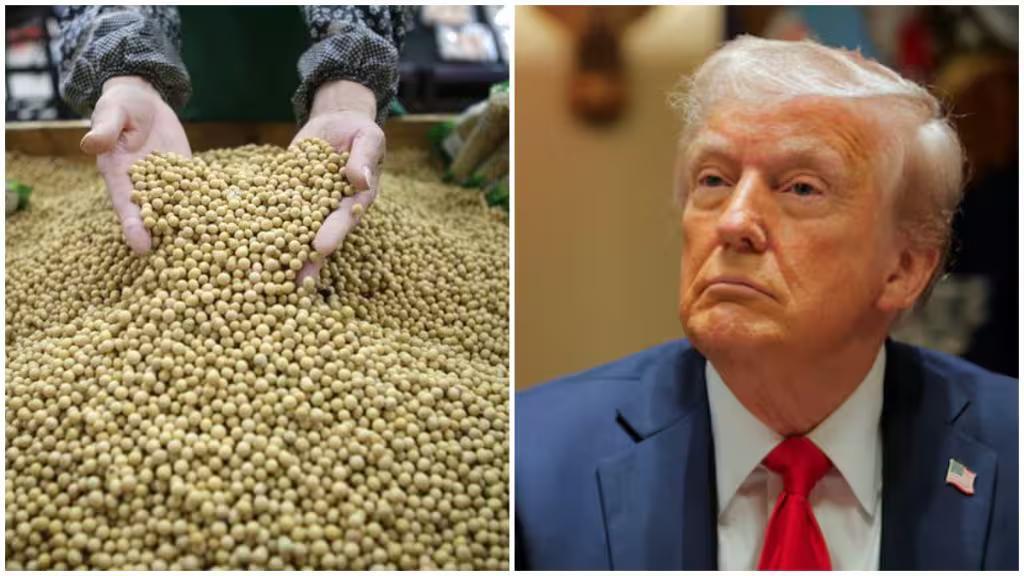
China to Levy 10-15% Retaliatory Tariff on US Agricultural Goods
The ongoing trade tensions between the United States and China have taken a new turn, with China announcing plans to impose a 10-15% retaliatory tariff on US agricultural goods from March 10. This move comes in response to US President Donald Trump’s decision to impose an additional 10% tariff on Chinese goods. The development has sparked concerns about a potential escalation of the trade war, which has already had a significant impact on global markets.
According to a report by Financial Express, China’s commerce ministry has confirmed that the country is ready to counter Trump’s tariffs by targeting US agricultural products. The ministry claimed that this is a “normal” response to the US tariffs, and that China will not be bullied into submission.
The timing of the retaliatory tariff is significant, as it coincides with the start of the US planting season for corn, soybeans, and wheat. US farmers have been among the hardest hit by the ongoing trade war, with many struggling to compete with cheaper imports from countries like Brazil and Argentina.
The US agricultural sector has been a significant beneficiary of the trade war, with the country’s farmers receiving billions of dollars in subsidies and aid from the federal government. However, the ongoing tariffs have made it increasingly difficult for US farmers to compete with international rivals, leading to a decline in exports and a surge in debt.
China, which is the world’s largest agricultural market, has been a significant customer for US farmers in the past. However, the country has been gradually reducing its purchases of US agricultural goods in recent months, in response to the tariffs imposed by the US.
The retaliatory tariff on US agricultural goods is likely to have a significant impact on the US agricultural sector, particularly on farmers who specialize in producing soybeans, corn, and wheat. These crops are among the most affected by the tariffs, with many farmers struggling to sell their produce at a profit.
The news has sparked concerns about the potential impact on the global economy, with many experts warning of a potential recession if the trade war continues to escalate. The US and China are the world’s two largest economies, and their trade relationship is a significant driver of global growth.
The trade war has already had a significant impact on global markets, with the US-China trade tensions causing significant volatility in stock markets and commodity prices. The ongoing tariffs have also led to a surge in inflation, as companies pass on the increased costs to consumers.
The US-China trade war has also had significant implications for the global supply chain, with many companies opting to shift their production facilities out of China to avoid the tariffs. This has led to a surge in investment in countries like Vietnam and Indonesia, which are seen as more attractive locations for manufacturing.
The retaliatory tariff on US agricultural goods is the latest escalation in the trade war between the US and China. The US has imposed tariffs on over $360 billion worth of Chinese goods, while China has retaliated with tariffs on over $110 billion worth of US goods.
The ongoing trade tensions have also led to a deterioration in relations between the US and China, with the two countries engaging in a war of words over issues like intellectual property theft and unfair trade practices. The tensions have also led to a decline in communication between the two countries, with many officials on both sides warning of the potential risks of a prolonged trade war.
In conclusion, the news that China will impose a 10-15% retaliatory tariff on US agricultural goods is a significant development in the ongoing trade war between the US and China. The move is likely to have a significant impact on the US agricultural sector, particularly on farmers who specialize in producing soybeans, corn, and wheat. The ongoing trade tensions have significant implications for the global economy, and it remains to be seen how the situation will unfold in the coming months.
Source:






